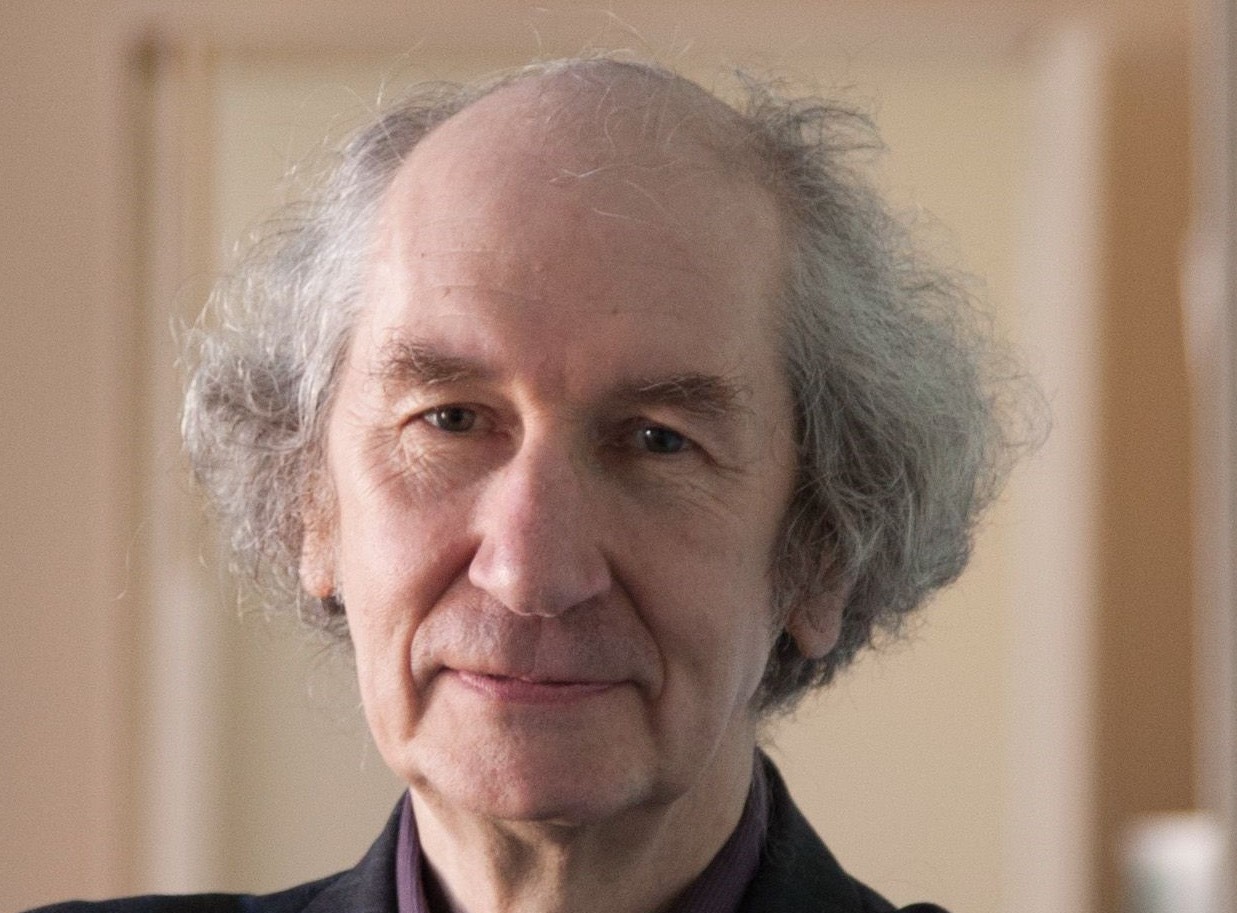The article observes the consideration and comparison of two spiritual practices: zazen and hesychast practice from the point of view of modern neurophysiological ideas about the functions of the default system of the brain, discovered in 2001 by Raichle et al. (2001). According to these concepts, in conditions of external rest, various systems of the human brain, called default brain system, play a leading role in the processes of thinking, while the passive mode of the brain spends many times more energy than is necessary for a conscious reaction to any external stimulus. It is assumed that this mode is the main and extremely important for the creative activity of the brain. Along with the default brain system, there is another system called the Task-positive network (TPN), or “target (performance) activity mode”, which is activated when we focus on external or internal sensations, make plans or perform complex tasks. It is important that these two systems are alternative, i.e. the inclusion of one system begins to suppress the other. The executive system is important for solving problems of concentration, decision-making and control over actions. The default system plays a central role in emotional self-awareness, social cognition, and ethical decision-making. Consideration and analysis of two spiritual practices, differing in religious and philosophical terms, in the context of the neurophysiological concept of the default brain system, made it possible to conclude that they are based on a close understanding of the fundamental laws of human activity, which has developed on the basis of the centuries-old experience of religious leaders of Buddhism and Orthodoxy.
Keywords: Buddhism, Orthodoxy, zazen, hesychasm, default brain system, task-positive network
DOI: 10.22250/20728662_2022_1_123
About the author
 |
Igor E. Kanunikov – Candidate of Biological Sciences, Assistant Professor at the Department of Higher Nervous Activity and Psychophysiology; |






